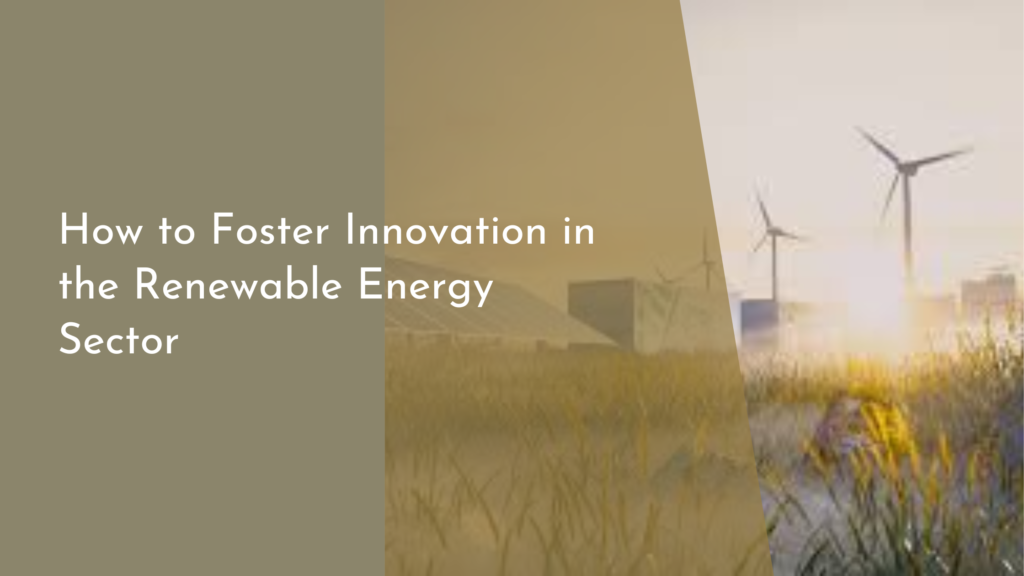Economic Opportunities in the Alternative Fuels Market
As the world increasingly pivots towards sustainable energy solutions, the alternative fuels market has emerged as a beacon of economic potential. From biofuels to hydrogen, the demand for cleaner energy sources is reshaping industries and creating a wealth of opportunities for innovation and job creation. This article dives into the current landscape of alternative fuels, examining the factors driving growth, the technologies propelling the sector forward, and the promising job market that accompanies this transformation.
Exploring the Growing Demand for Alternative Fuels Today
The global shift towards sustainability is redefining energy consumption patterns, with a notable increase in the demand for alternative fuels. Governments, corporations, and consumers alike are recognizing the environmental and economic benefits of renewable energy sources. For instance, biofuels, particularly in the transportation sector, are gaining traction as viable substitutes for traditional fossil fuels. This surge in demand is not merely a trend but a necessary response to climate change and the depletion of natural resources, creating a vibrant market for alternative energy solutions.
Moreover, the increasing adoption of electric vehicles (EVs) has intensified the focus on developing efficient charging infrastructures powered by alternative energy sources. As countries enforce stricter emissions regulations and incentivize the use of renewable fuels, the growth trajectory for the alternative fuels market remains promising. Businesses are seizing the moment, investing in research and development to innovate and improve the efficiency of alternative fuels, driving the market to unprecedented heights.
Innovative Technologies Driving Economic Growth in Energy
The alternative fuels sector is heavily influenced by groundbreaking technologies that are redefining energy production and consumption. Research into advanced biofuels, for example, has led to the development of next-generation energy sources that can be produced from a variety of feedstocks, including agricultural waste and non-food crops. This innovation not only enhances fuel efficiency but also maximizes resource utilization, leading to a more sustainable energy ecosystem.
In addition to biofuels, the rise of hydrogen fuel cells represents another significant technological advancement in the alternative fuels market. With the ability to power vehicles with minimal environmental impact, hydrogen fuel cells are gaining traction among manufacturers and consumers. These advancements create a ripple effect, encouraging investment and collaboration across industries, ultimately leading to economic growth and a diversified energy landscape.
Job Creation in the Expanding Alternative Fuels Sector
As the alternative fuels market expands, it brings with it a plethora of job opportunities. The transition to renewable energy requires a skilled workforce adept in various fields, including engineering, research and development, and manufacturing. As companies invest in new projects, they inevitably create jobs that range from technical positions to management roles, contributing to local economies and enhancing community livelihoods.
Moreover, educational institutions are responding to this demand by tailoring programs to prepare students for careers in alternative energy. By equipping the upcoming workforce with the necessary skills and knowledge, we can foster a generation of innovators ready to tackle challenges in the energy sector. The rise of the alternative fuels market is thus not only a catalyst for economic growth but also a powerful driver for career development and job creation.
Investing in a Sustainable Future: Opportunities Await!
The alternative fuels market presents a multitude of investment opportunities for forward-thinking individuals and businesses. With increasing government support, including grants and tax incentives, investors are encouraged to explore avenues in renewable energy. Investing in companies dedicated to developing alternative fuels or supporting the infrastructure needed for their growth not only promises potential financial returns but also contributes to the global push for sustainability.
Furthermore, as consumer preferences shift towards environmentally-friendly products and practices, businesses that prioritize sustainability can establish a competitive edge. Investment in alternative fuels is not just about financial growth; it’s about being part of a larger movement towards a sustainable future. As the alternative fuels market continues to evolve, the potential for both economic and environmental rewards is boundless, providing exciting opportunities for all involved.
The alternative fuels market stands at the forefront of an energy revolution, brimming with economic opportunities that cater to both innovation and sustainability. As the demand for cleaner energy continues to rise, the sector is set to create jobs and drive technological advancements that will shape the future of energy consumption. By investing in alternative fuels, we are not only contributing to economic growth but also paving the way for a greener planet. Embracing these opportunities today opens the door to a sustainable and prosperous tomorrow!

